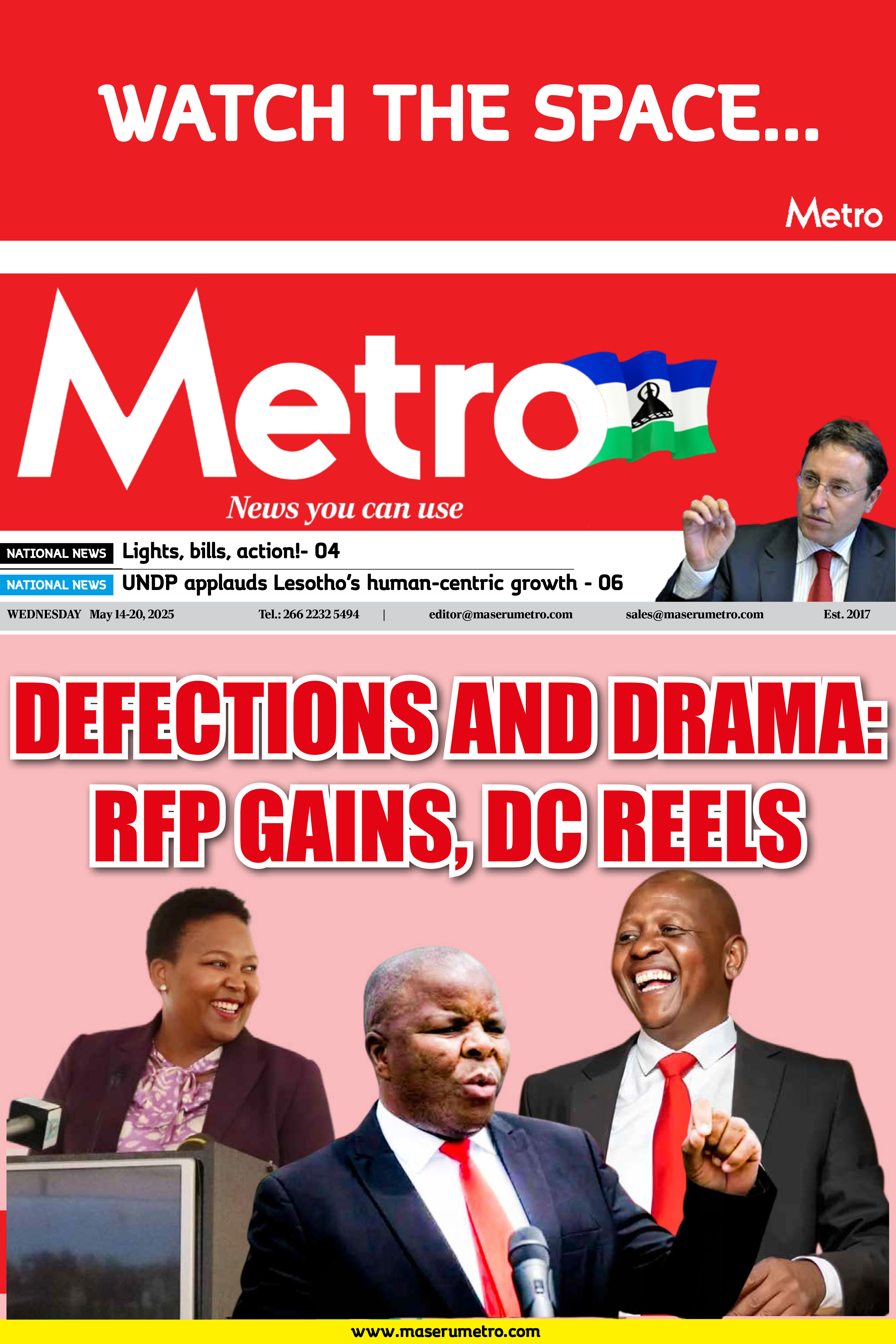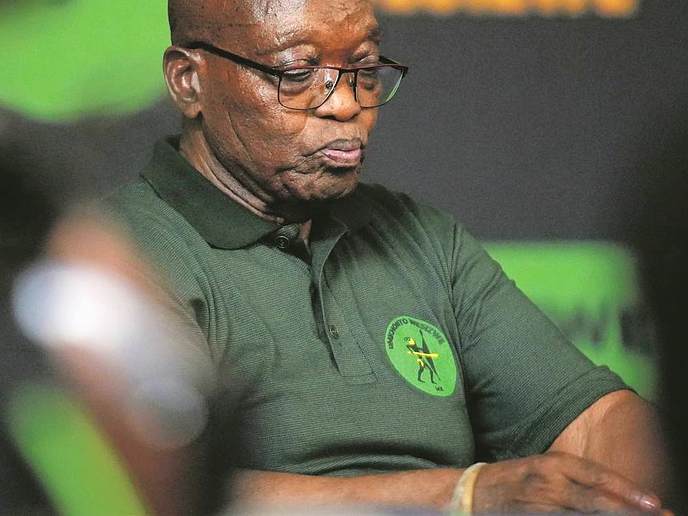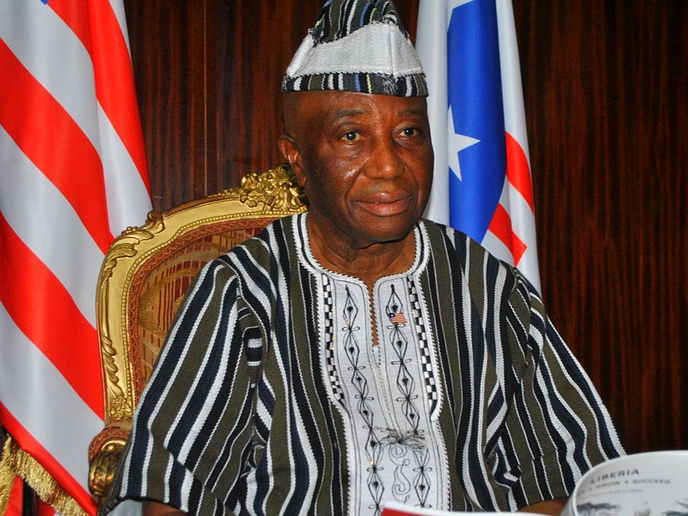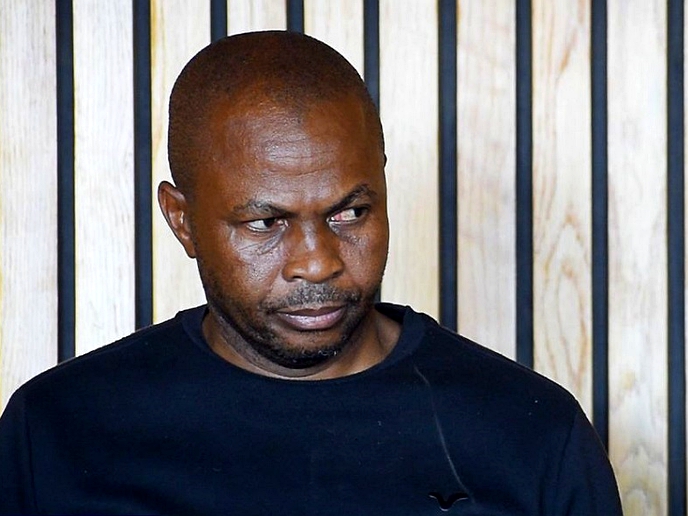SOUTH African Parliament’s existing committees on public enterprises and energy are sufficient to oversee how Eskom deals with corruption – and ex-CEO Andre de Ruyter’s ‘childish’, ‘untested’ and unsubstantiated claims can’t be the basis for a special ad hoc committee, said ANC legislators.
africa
March 17, 2023
DAILY MAVERICK
4 min read
ANC nixes opposition-backed special probe into Eskom cartel corruption
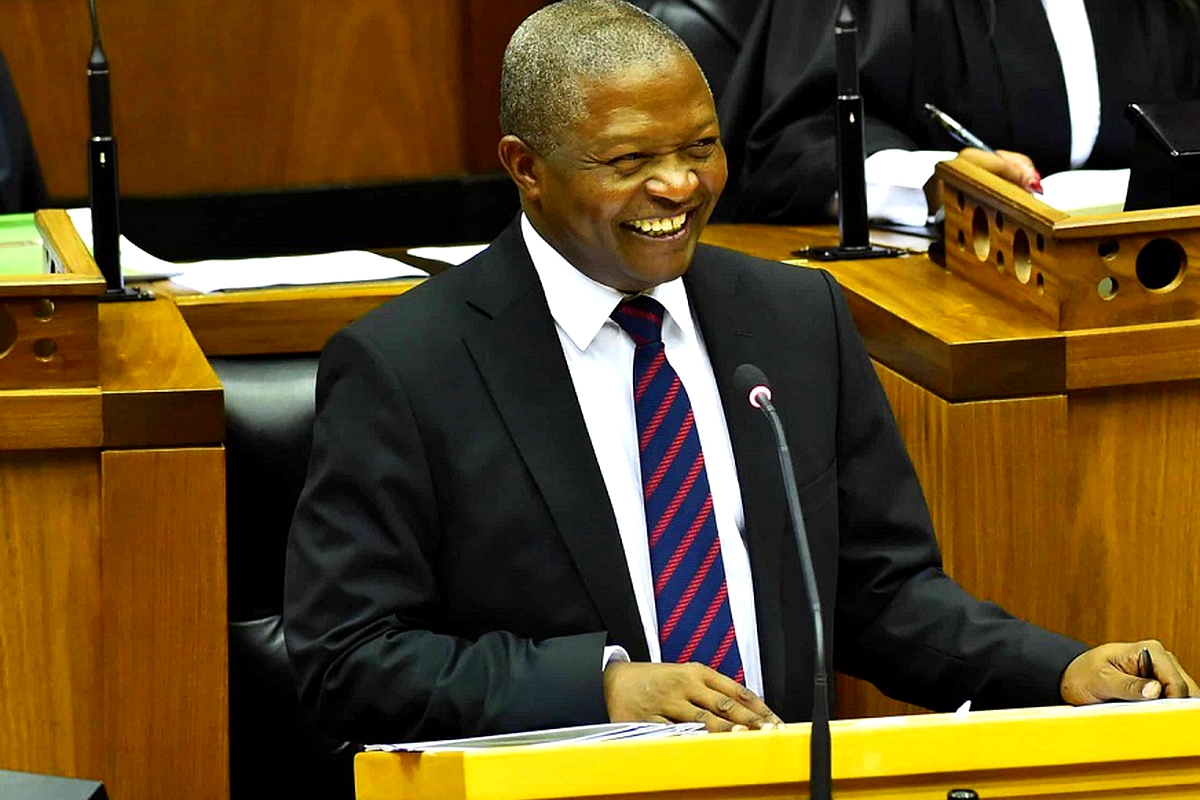
Former SA Deputy President, David Mabuza
Story highlights
While this argument has come as the governing ANC issued lawyers’ letters and is preparing a summons over de Ruyter’s claims, not only of cartel corruption but politicians’ involvement, it was Thursday’s debate that lifted the lid on that political connectivity. Bluntly.
“We all know who this person referred to is, [ex-deputy president David] DD Mabuza. We all know how connected he is with the ANC, and we all know how terrified the ANC is of him,” said DA leader John Steenhuisen when closing the debate on his proposed ad hoc committee to inquire into the full extent of the alleged criminal networks at Eskom.
“The ANC is going to wait until he [Mabuza] is safely ensconced in Russia like they waited for the Guptas to be in Dubai and Mr [Angelo] Agrizzi to be in Italy before this Parliament slowly gets off and does anything.”
The ANC interjected. “You are casting aspersions. DD must sue you!” said ANC MP Thokozile Malinga. All this got lost in the switch of presiding officer that happened as Steenhuisen delivered his closing references to the Guptas’ long-dragging extradition and the Bosasa scandal that enfolded several ANC MPs and leaders.
“The leader of the opposition is out of order attacking someone who’s not here. That is pure cowardice,” said ANC MP Bhekizizwe Radebe after ANC MP Fikile Xasa finally took over presiding from ANC MP Mina Lesoma. He said he’d take it up to see what could be done.
Steenhuisen is protected by parliamentary privilege, which means he can’t be sued for what’s said in the House. Parliamentary tradition is that when such statements are made, they are backed by a substantive motion, or one with proof — or a point of order to that effect is fired off. In Thursday’s debate, amid the switch of presiding chairpersons, no such point of order was made.
The DA leader went on to say the failure of the ANC in Parliament to properly hold the executive to account was why rotational power cuts would not end. “This is going to be another failure of Parliament — wait and see.”
For many opposition speakers, it was a déjà vu moment, reminiscent of the Nkandla debacle — when in March 2016 the Constitutional Court ruled Parliament had acted in a manner that was unlawful and “inconsistent with the Constitution” — and also of the State Capture Commission. “[The ANC] has a significant majority in Parliament, allowing it effectively to control oversight of the executive. State Capture happened under its watch,” the commission report said.
United Democratic Movement, Bantu Holomisa, who’s heading the class action suit to end rolling blackouts, said: “Our economy cannot sustain the current energy calamity, and we have a responsibility to get to the bottom of this mess.”
Freedom Front Plus leader Pieter Groenewald cautioned, “Don’t hide behind the smokescreen, it must be further investigated by the security services. No, we have that responsibility [as legislators].”
African Transformation Movement leader Vuyolwethu Zungula said that in the absence of the existing committees doing their work, an ad hoc committee had to step up.
“When Parliament fails in its [oversight] mandate, corruption continues,” he said, adding that De Ruyter had to explain why he went to the media, not Parliament.
All opposition parties except for the African Independence Congress and the National Freedom Party supported the DA’s proposal of an ad hoc committee to “inquire into the full extent of the alleged widespread corruption and unabated operations of criminal networks and cartels at Eskom”, as Thursday’s Order Paper states, and for that ad hoc committee to liaise with the parliamentary committees of police, justice, finance, and public enterprises.
Enjoy our daily newsletter from today
Access exclusive newsletters, along with previews of new media releases.
Effectively, this means the way is clear for Parliament’s watchdog on public spending, the Standing Committee on Public Accounts (Scopa) to conduct its inquiry into the claims De Ruyter made in the e.tv programme, My Guest, Tonight.
Earlier in March, Scopa decided to invite De Ruyter, but also others such as the police boss and Auditor-General.
On Thursday, the ANC argued that no special ad hoc committee was necessary. Committees’ normal oversight was sufficient, said ANC MP Mikateko Mahlaule, while fellow ANC MP Jabulile Mkhwanazi said De Ruyter’s “allegations should be treated as sour grapes”.
Parliamentary public enterprises committee chairperson Khaya Magaxa said: “We need not ignore the racial undertone in right-wing parties, such as led by the DA, [and their] obsession with De Ruyter’s childish allegations. Yes, this is childish allegations, chairperson, because he behaved like a spoilt rich child who throws his toys all over the room because his R18-million job reached a dead end,” said Magaxa.
“If the truth can be told, [De] Ruyter used Eskom to drive his independent power producers’ agenda in order to capture Eskom to private accumulation at the expense of the poor of the country, by and large, black people.
“How can a rational person believe a group chief executive with all the necessary powers on his last day in his office that he left in disgrace make such stupid allegation — and you just don’t have any form of reason, but [you] believe him. Oh my god, please give me a break.” DM
Tailored for you
